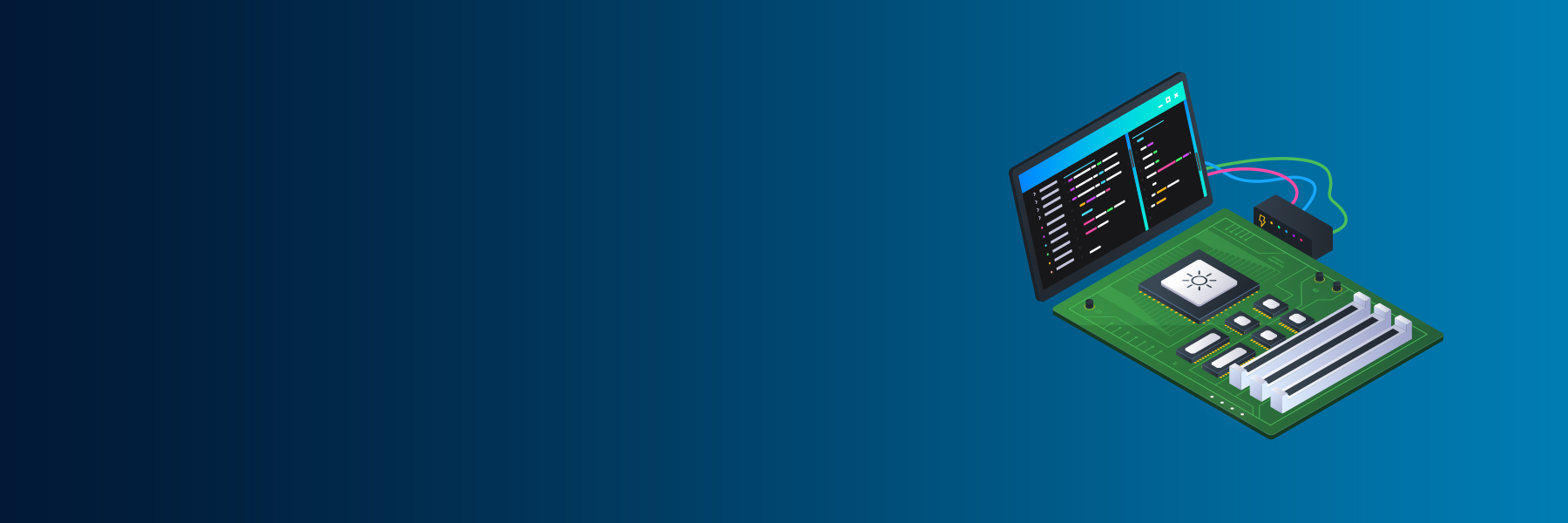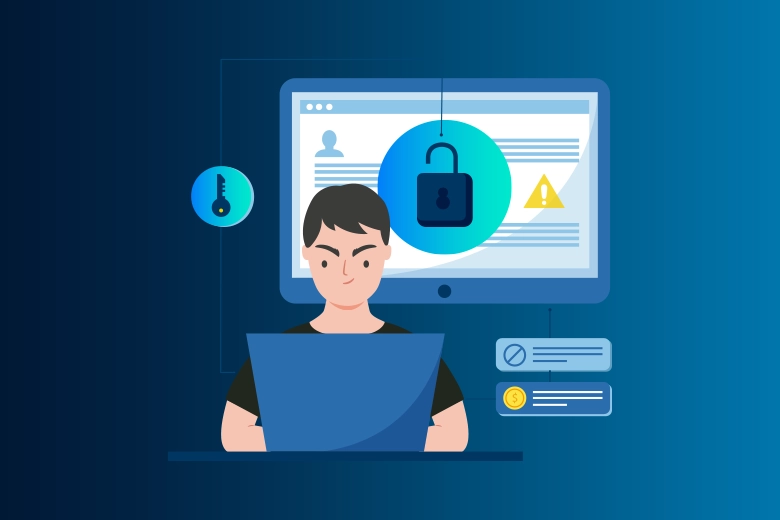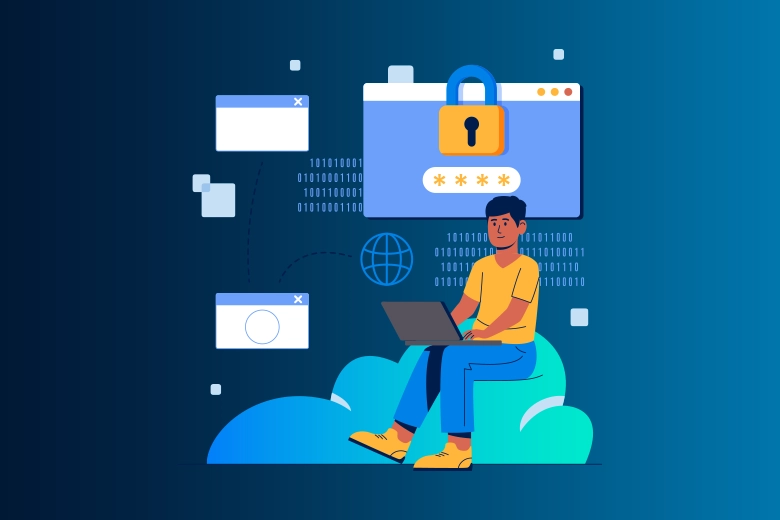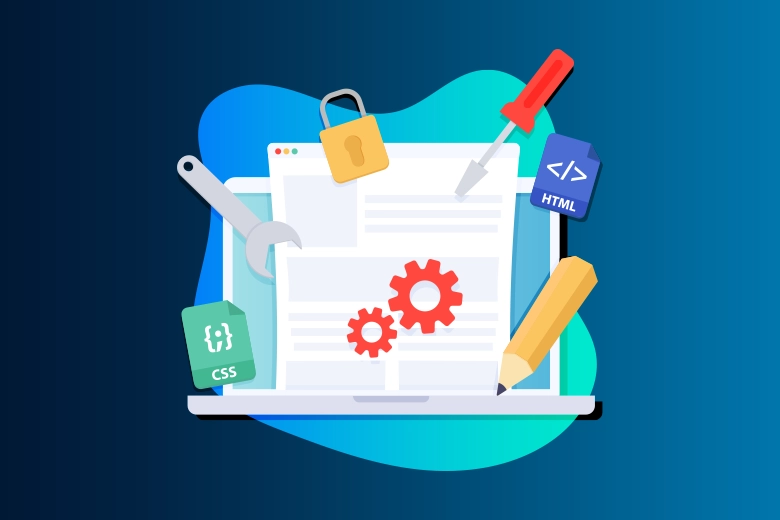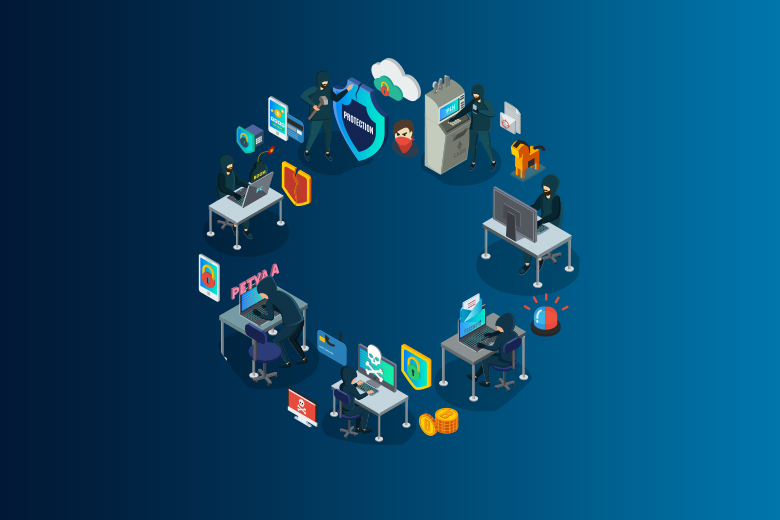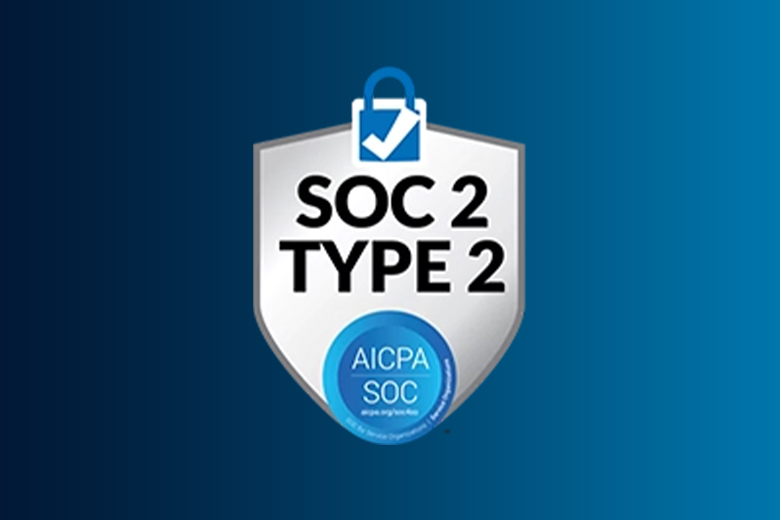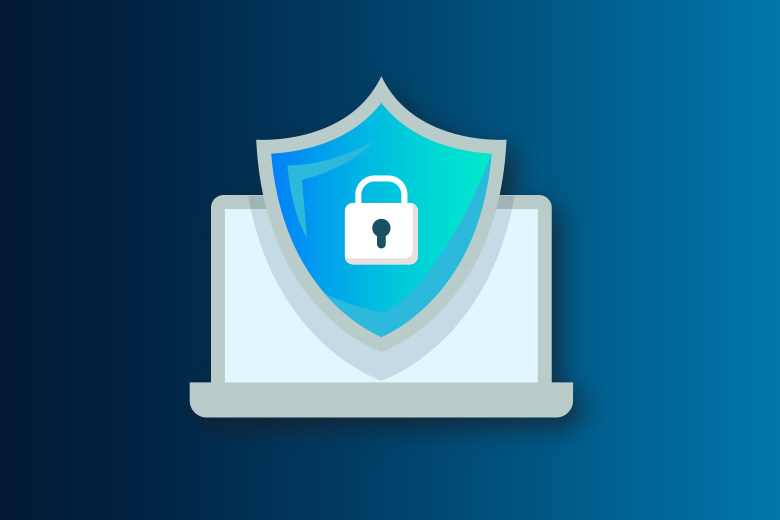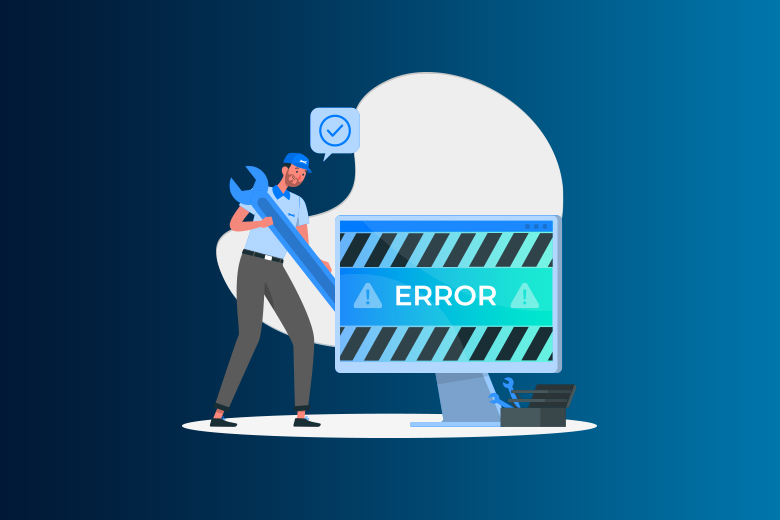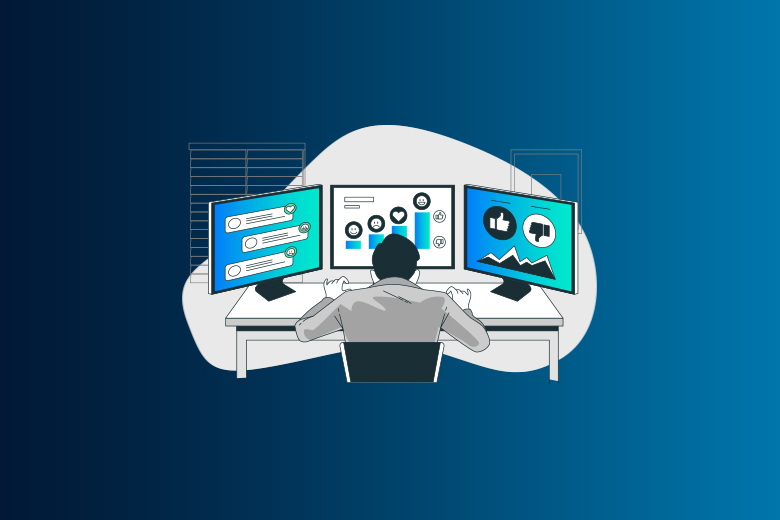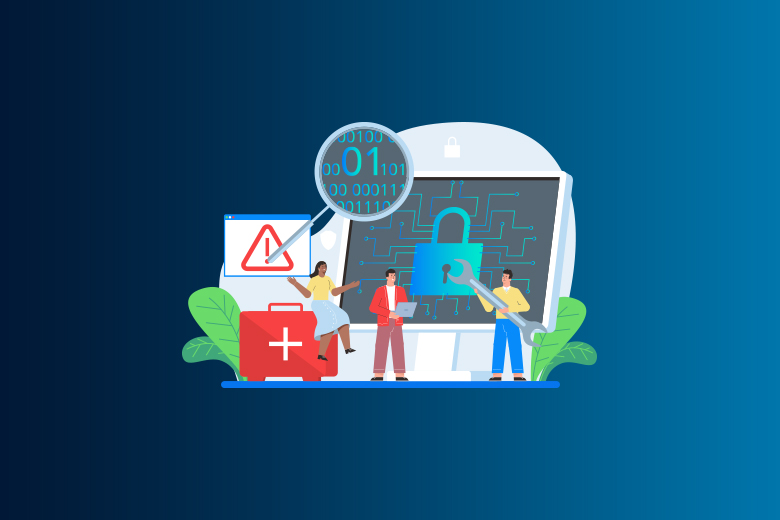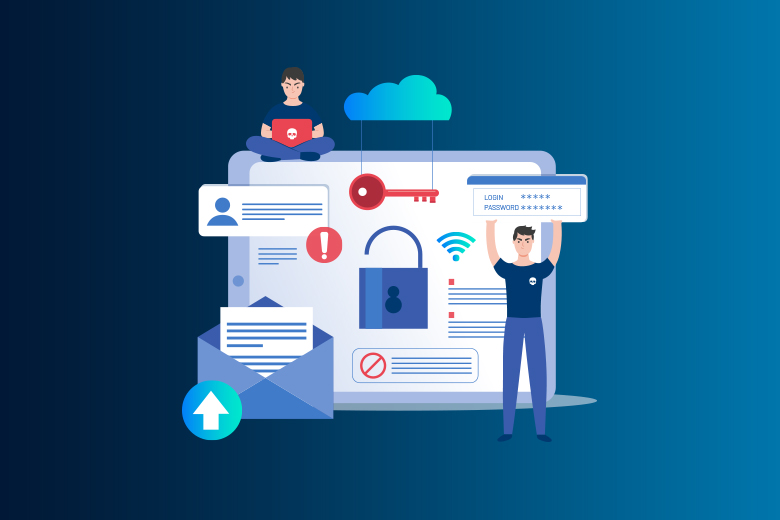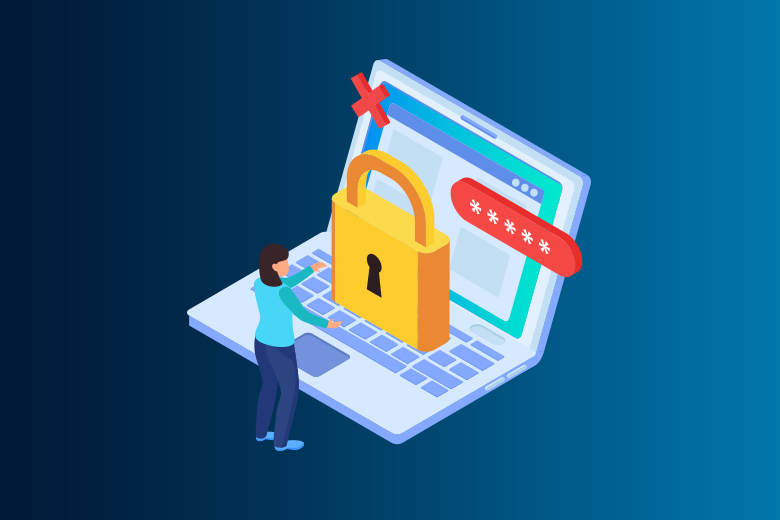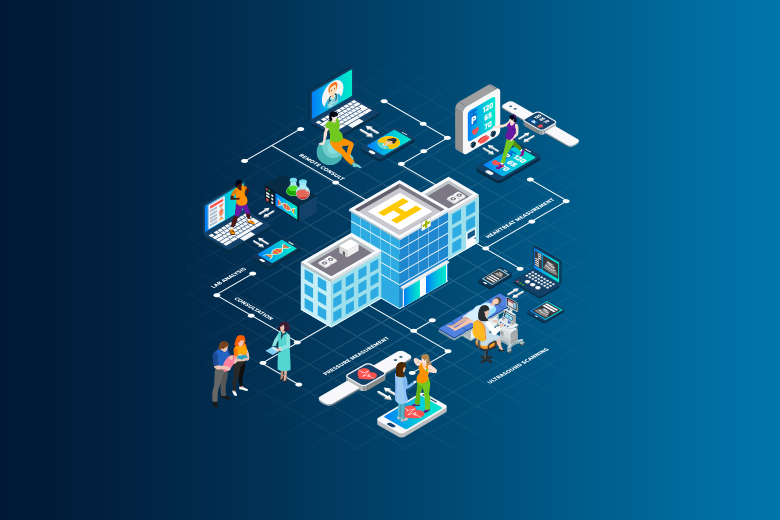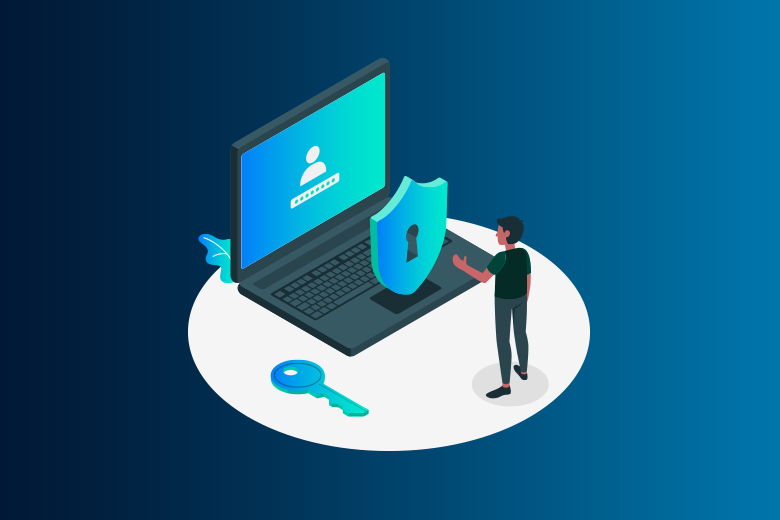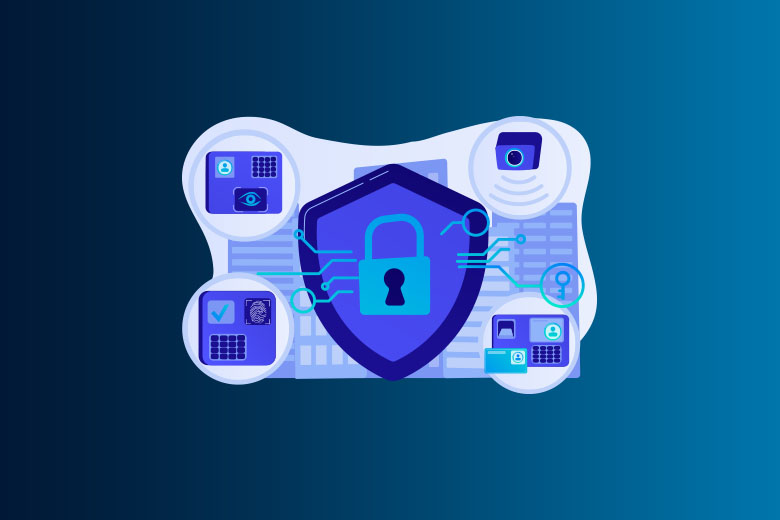16 April 2024
SafeAeon Inc.Protecting customer payment information is no longer a nice to have in this digital age where internet transactions are the norm; it's a must. It's easy for your business to have a data breach, and just one can damage your image for a long time. Think about what would happen if your customers' hard-earned money got stolen. Not only would you lose money, but the loss of trust could be crippling. This is where PCI DSS Scans come in. They protect businesses that deal with private payment information like a hero!
Here's a sobering reality check:
Fact 1: Ransomware is on the rise: Cybersecurity Ventures says that ransomware attacks will cost companies a staggering $26 billion around the world in 2026. This shows how dangerous it is to store sensitive data online.
Fact 2: More Phishing Attempts: The IBM X-Force Threat Intelligence Index 2023 shows that phishing emails have increased by 27%, showing that strong security steps are always needed.
Fact 3: The cost of data breaches is going up: According to the Ponemon Institute's 2023 Cost of a Data Breach Report, the world average cost of a data breach hit a record high of $4.35 million. This shows how bad security flaws can be for your business's finances.
Fact 4: Privacy laws are always changing: As they do, businesses are forced to tighten their security measures to meet tighter compliance requirements.
Fact 5. Customer Loyalty is at Risk: An Accenture study found that 83% of customers are ready to go to a different business after a data hack. This shows how important it is to build trust through strong security measures.
A PCI DSS scan is a powerful way to make your defenses stronger against these growing threats. By going through regular scans, you're being proactive about finding and fixing holes in your payment card systems, which leaves hackers open to attack. It's kind of like a security checkup for your business—a chance to find weak spots before they become big holes. We will talk more about PCI DSS Scans in the parts that follow. We will talk about why they are important, how they work, and the benefits they provide. Hold on tight, because we're about to teach you how to keep your customers' payment information safe.
What is a service that scans for PCI?
A PCI Scanning Service, sometimes called a PCI Vulnerability Assessment, is a computerized test that looks for possible holes in a business's IT system to make sure it meets PCI standards. Authorized Scanning Vendors (ASVs) are in charge of these tests, which need to be done every three months.
Credit card companies like Visa, MasterCard, and American Express set the technical and operating standards that make up the Payment Card Industry Data Security Standard (PCI DSS). The goal of these standards is to make security steps around cardholder data stronger so that credit card fraud happens less often.
Companies that meet the twelve standards of the PCI DSS are said to be PCI compliant. This means that they have strong security measures in place to handle credit card information. Compliance validation can happen once a year or every three months, based on the number of transactions. Smaller businesses may be able to do their assessments, but bigger ones need assessments from outside sources, and the busiest ones need internal auditors to do regular compliance checks.
What Are The Necessary PCI Security Standards?
There isn't just a list of rules from the PCI Security Rules Council (PCI SSC). Instead, there is a complete framework called the PCI Data Security Standard (PCI DSS). Twelve core requirements make up this framework, and companies must follow them to keep cardholder info safe. These are the main needs, broken down:
- Build and Maintain a Secure Network: Installing firewalls, setting them up safely, and keeping them up to date are all parts of building and maintaining a secure network.
- Protect Cardholder Data: Protect private data like credit card numbers while it's being sent and while it's being stored by taking strong steps (encryption is key here).
- Maintain a Vulnerability Management Program: Find, evaluate, and fix weaknesses in your systems regularly.
- Implement Strong Access Control Measures: Only people who are supposed to have access to cardholder data should be able to see it, following the concept of least privilege.
- Test and keep an eye on networks regularly: Always keep an eye on your network for anything that seems fishy, and use security testing to find weak spots.
- Maintain a Security Policy: Make and write down a formal security policy that explains how your company handles data protection.
- Limit who can physically see cardholder data: Limit who can physically enter areas where cardholder data is kept or processed.
- Restrict Physical Access to Cardholder Data: Teach your staff about good security techniques and how important it is to keep cardholder data safe.
- Raise Awareness and Train Employees: Keeping up with a vulnerability management program is very important; always manage and update your program.
- Keep an eye on all changes to the system and access to it: Keep an audit trail to see when and who accessed what info.
- Do vulnerability scans and penetration tests regularly: Regular testing will help you find and fix the weak spots in your systems.
- Maintain a P2P Encryption Policy: If you send cardholder data over public networks, make sure it's encrypted using safe methods.
If businesses follow these PCI DSS rules, they can protect private customer data and greatly lower the risk of data breaches.
PCI DSS Scans Compliances and Vulnerabilities
PCI DSS scans are an important part of PCI DSS compliance, but they're not the only thing that matters. The links between PCI scans, compliance, and risks are broken down below:
Compliance with PCI DSS:
If you follow PCI DSS, you'll have reached the highest level of security for payment card info. There are twelve main standards that organizations must meet as part of this framework.
Scan for PCI DSS:
PCI DSS checks are computer tests that look for weak spots in your systems and infrastructure. There are two kinds of these scans:
- Internal Scans: Look for holes in your company's internal network.
- External Scans: Look at things from the point of view of an attacker to find holes from the outside.
- To meet PCI DSS requirements, you have to do scans. They need to be done at least once every three months and after any big changes to your systems.
Spots of Vulnerabilities:
Vulnerabilities are weak spots in your systems or apps that hackers can use to get in without permission or steal data. Scanners help you find these holes in your security before they let someone in. To stay in compliance with PCI DSS, weaknesses must be fixed quickly. Scans can help, but they often need to be followed up with more research and patches. Here's how they are linked:
- You can find and fix flaws with PCI DSS scans, which has a direct effect on your ability to meet PCI DSS requirements.
- You can fix the problems found during scans if you have a risk management program in place, which is another PCI DSS requirement. Prioritizing, patching, and retesting vulnerabilities to make sure they're fixed is part of this method.
- Scan often to stay ahead of the curve. There are always new security holes being found, so regular scanning helps keep your systems safe.
Don't forget:
- Scans for PCI DSS are only one piece of the compliance puzzle. To be truly compliant, you must meet all twelve core requirements.
- While scans can find security holes, the only way to achieve and maintain PCI DSS compliance is to fix them and keep your security strong.
Conclusion
PCI DSS Scans are very important for keeping payment information safe. They help find holes in protection and fix them. This keeps places where payments are made safe from data breaches. Not only is PCI DSS compliance required, but it's also important to protect customer trust and keep transactions safe. Regular scans and following these rules keep you from losing money and hurting your image. To keep private data safe, businesses need to make these scans a top priority. To sum up, PCI DSS Scans are an important part of keeping payment security up to date. They are necessary for any business that takes credit cards. Thus, you can seek top-notch cyber security assistance from SafeAeon which strives to assure you the best results.
